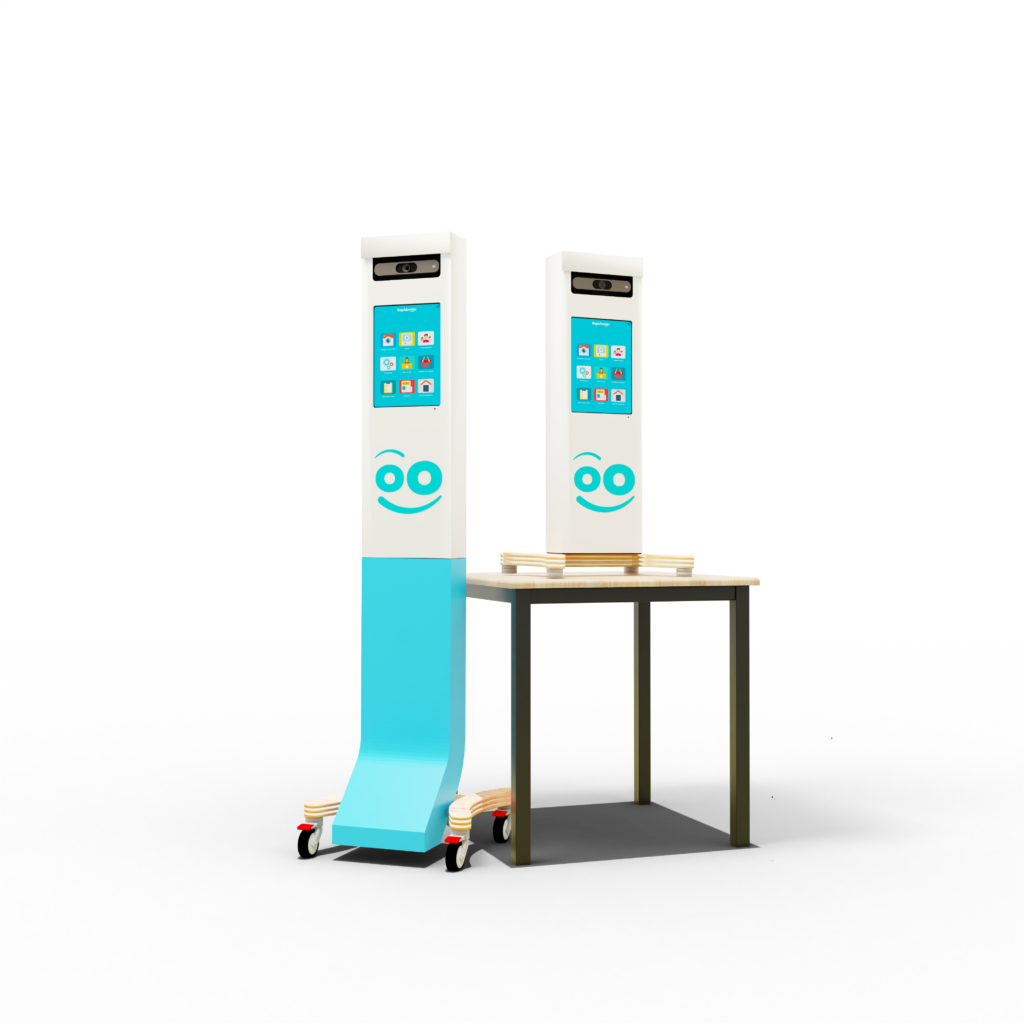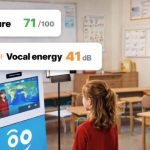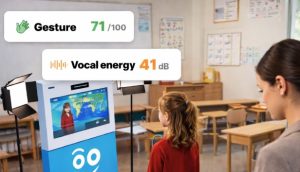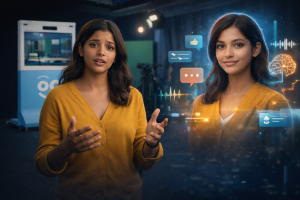How to Use Video to Strengthen Essential K-12 Skills
#K12 #Learning #VideoLearning
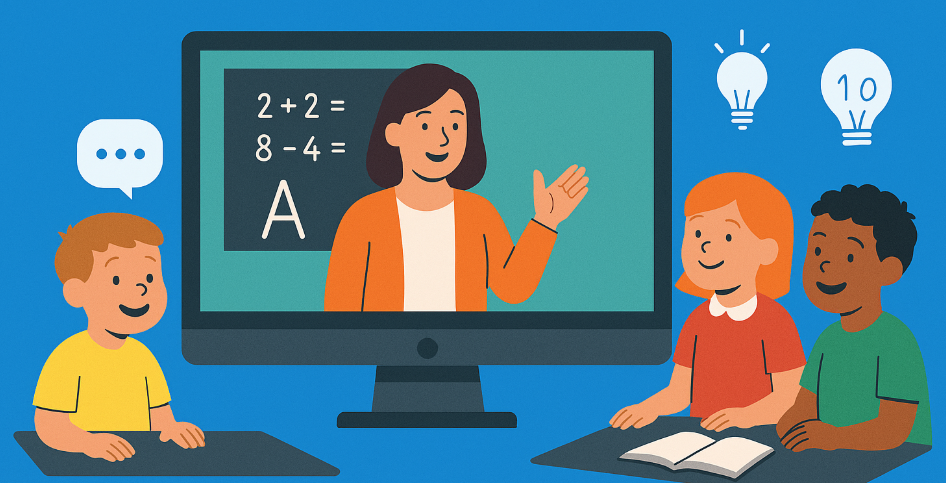
Summary
Table of contents
Rapidmooc in education
See how schools, colleges, high schools, and universities are transforming the educational experience with Rapidmooc
Similar articles
Reading, writing, arithmetic, oral communication, reasoning, and teamwork: these pillars of K-12 learning are critical to educational success. Yet mastering them can sometimes feel abstract to students. How can we make acquiring these skills more engaging, more concrete, and more lasting? Increasingly, schools are turning to educational video creation, a dynamic and accessible approach, as demonstrated by the Redlands Unified School District in California.
Reading and writing : Learning through Storytelling
Creating a video project or a filmed presentation requires students to read complex texts, distill key information, and write clear, structured scripts. This process promotes not only reading comprehension but also structured, argument-driven writing. At Redlands Unified, elementary students created mock news reports, developing critical reading and writing skills simultaneously.
Other schools follow a similar path. The Montour School District in Pennsylvania, for example, has students produce book trailers to enhance both text comprehension and writing abilities (source: Edutopia, “Student-Generated Book Trailers Enhance Literacy”), turning literary analysis into a creative and motivational task.
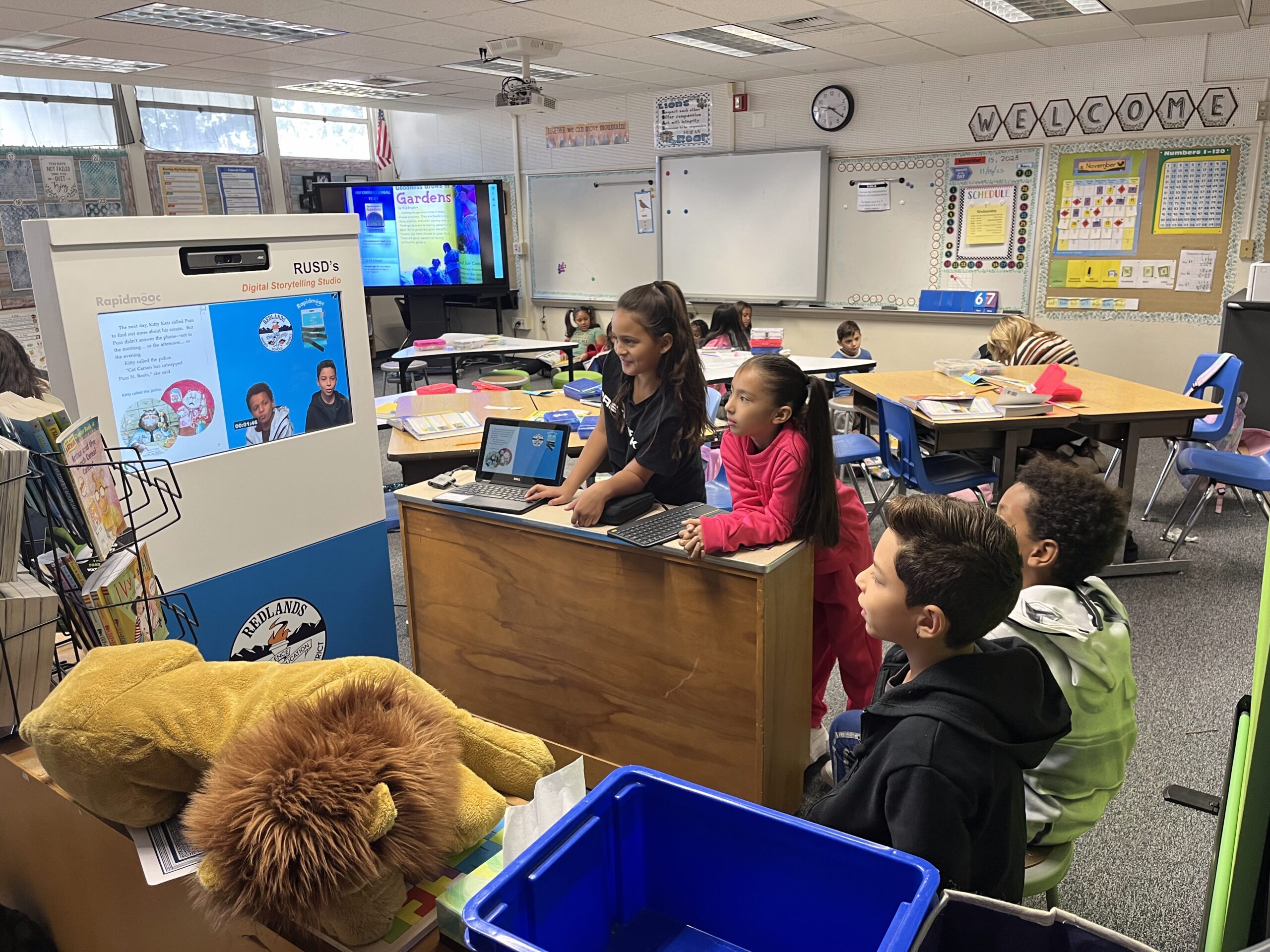
Arithmetic and reasoning: Making Math visible
Presenting a math problem or a scientific process on camera requires students to organize their thoughts, explain each step of their reasoning, and justify their methods. At Redlands, students recorded tutorials explaining math concepts like fractions, unit conversions, and equation solving. This self-explanation technique deepens understanding and reinforces retention.
Research from the Consortium for School Networking (CoSN) shows that integrating video into math education boosts mastery of abstract concepts and fosters persistence (source: CoSN, “The Impact of Technology on Student Learning”).
Oral Communication : Speaking to learn
Speaking in front of a camera is an excellent exercise to develop oral communication skills. Using a built-in smart teleprompter with Rapidmooc studios, students practice articulation, voice modulation, and speech structure. At Redlands, video presentations have been extended to science projects, speech contests, and filmed debates.
Similarly, the Metropolitan School District of Wayne Township in Indiana incorporates video podcasts to build students’ speaking and storytelling skills (source: ISTE, “How Student Podcasts Can Build Literacy and Communication Skills”).
Teamwork : Collaborating on video projects
Video production is rarely a solo endeavor. Writing scripts, filming, and editing require organization, role distribution, and collaboration. In Redlands, students engaged in group video projects where they learned to listen to others, negotiate, and work toward shared goals.
In inclusive education, video also serves as a powerful tool for amplifying student voice. Research from CAST highlights that video fosters differentiated instruction, giving students with special needs alternative ways to express their learning (source: CAST, “UDL Guidelines 2.2 – Use Multiple Means of Representation”).
Accessible technology for everyone
What makes these initiatives successful is their ease of use. Rapidmooc automated video studios combine 4K eptz cameras, lapel microphones, LED tripods, and green screen technology in a turnkey solution. Thanks to an intuitive interface and features like built-in AI, students can create high-quality video content independently, with no technical skills required.
Teachers save valuable time while enriching their pedagogy. Meanwhile, students build essential 21st-century skills in an environment that is engaging, accessible, and empowering.
Why integrate video into your school ?
- Boost student engagement through hands-on, creative projects
- Develop essential skills in real-world contexts
- Simplify technology integration with plug-and-play solutions
- Encourage autonomy and initiative from an early age
- Foster talent and inclusion across all students
Video is a great way to get students working together through hands-on projects
Continue reading...

When the studio becomes intelligent: the role of the AI Coach in video-Based speaking skills
Read More »

